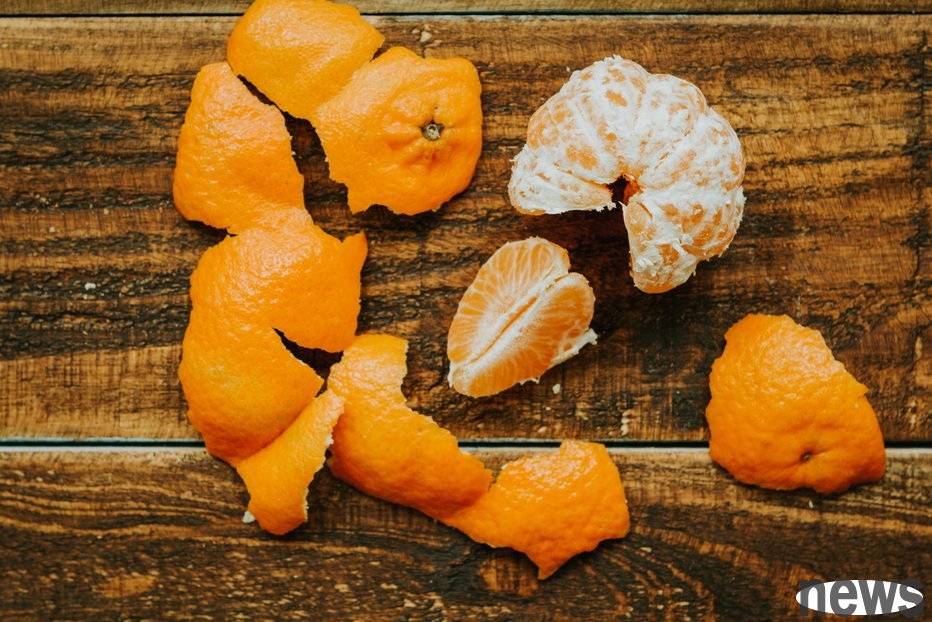
Citrus can kill bacteria, remove dirt and eliminate odor. Therefore, using citrus to clean the dirt and dust in your home has become a habit of many people. Not only does it remove oil, but it does not cost to clean it with a kitchen. After cleaning, there will also be a fresh and fragrant smell at home. In addition to lemons, people will also use oranges to clean them. Although the acid of oranges can decompose mineral residues in the bathroom and oil on the bowl, it will also cause damage to the surface of certain household items, causing rot, debris, spots or stains. According to Southern Living, items of six materials cannot be cleaned with orange peel or juice, which will cause damage.
1. Natural stoneOranges are not as acidic as lemon, but they still contain sufficient acid damage such as marble, garland and quartz. These stones are mostly used in kitchen flow tables, anti-wall walls, or the surfaces in the shower. The acid of oranges may etch or degrade sealed or unsealed natural stones, and will also make the surface dull. Once the paint on the surface is damaged, the stone will easily become contaminated and damp. Although using oranges to clean them once will not cause damage, it does not mean that cleaning them for a few times will not cause damage. To clean natural stone, it is recommended to use warm soapy water or special cleaning agents.
{ 2. Plastic citrus fruits contain the natural organic compound D-limonene (d-limonene), which can decompose oil and oil, but it will damage or even decompose specific types of plastic, allowing the plastic to gradually decompose when contacting orange oil for a long time. When cleaning plastic products, it is recommended to use warm soapy water or small sour paste. 3. The acid in the orange peel will remove protective paint from the surface of wood products such as hardwood floors. Once this layer of protective paint is not available, the wood will easily cause scratches, dirt or other injuries over time. Therefore, avoid using oranges or cleaning products containing orange oil to clean wood products without scrubbing paint, because the surface of the wood is porous, and the acid of the orange will cause the surface to appear calm or change color. 4. Dark or fine fabricsCitrus can bleach the fabric, so it is not recommended to clean items of dark or fine fabrics because citric acid can damage it or cause storm. In addition, citric acid is too strong for lace, silk and wool, which can make the clothing fade, darken, ripped or weaken.
It is recommended to use general cleaning agents and dehydrators to clean dark clothes, while refined clothes are hand-washed with enzyme washes.
5. DishonorDo not use orange peels or juices, as well as other citrus fruits to clean the drip iron, because the drip iron will react with tric acid, which will cause corrosion and a little damage over time. The tric acid will also destroy the protective layer on the surface of the drip iron, allowing the turtle to grow or leave a slurry. It is recommended to use special cleaning agents or some soap and warm water for cleaning dirt.
6. Rubber sealing ringThe rubber sealing ring on dishwasher, refrigerator or washing machine is easy to get dirt. Do not use oranges, orange oil and cleaning agents containing orange oil, because their solvent properties will damage the rubber ring, making the rubber ring brittle or crack. Once the rubber ring is broken, the doors or covers of these appliances cannot be closed. Therefore, avoid using acid cleaning agents to clean. It is recommended to clean with soap and water.